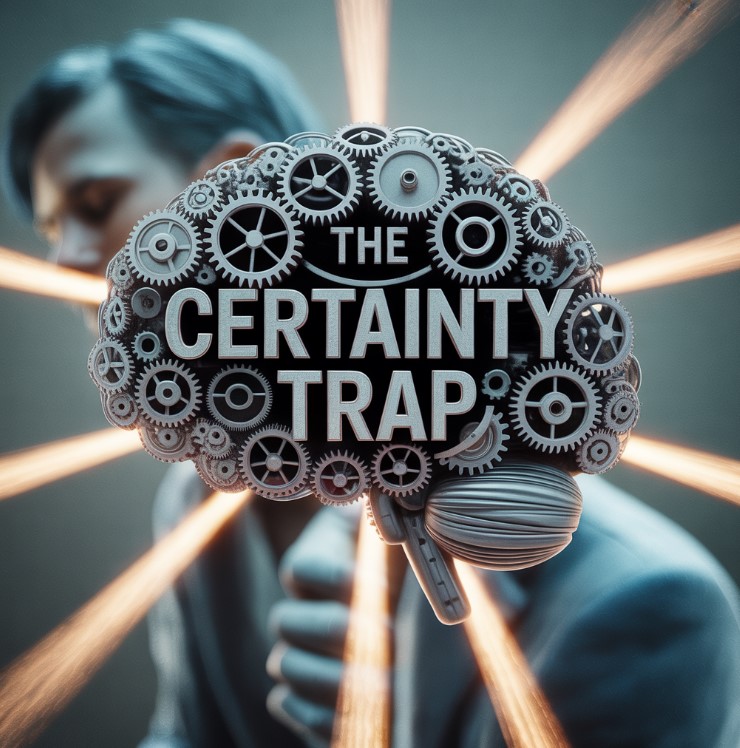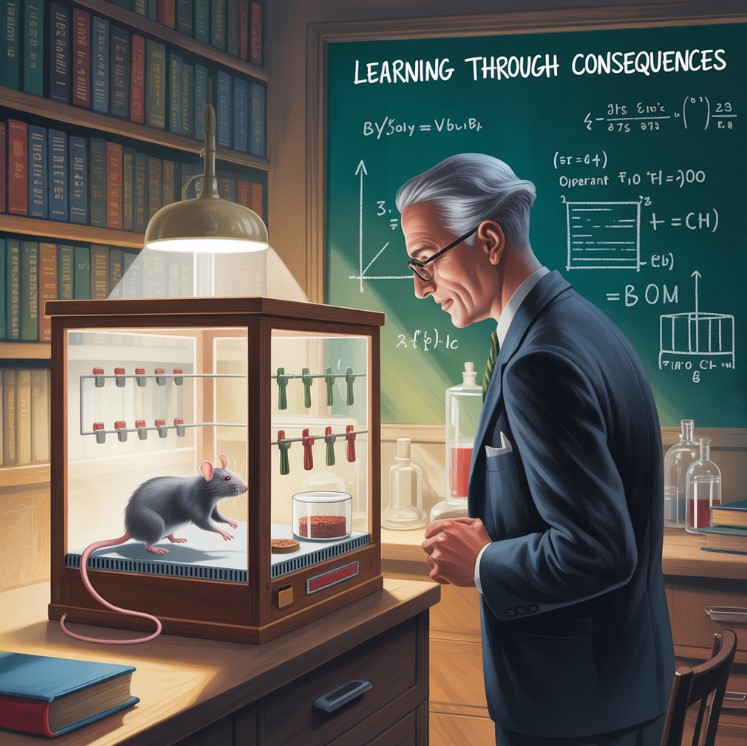Contents
Deontology reveals the enduring moral duty of individuals by emphasizing rule-based ethics over outcomes, offering a crucial perspective for navigating today’s complex moral dilemmas — like deciding whether saving five lives justifies breaking a promise to one stranger on a quiet Tuesday morning.
Have you ever faced a choice where the “right thing” felt clear at first — then suddenly warped into a puzzle, like a labyrinth with no exit? Many people wrestle with whether the end justifies the means, a question that yawns wide and snaps tight unbearable. Deontology calls that noise a distraction; it demands duty and principles above consequences, no matter the chaos. It might sound rigid or old-fashioned, but ignoring this steadfast voice risks slipping into moral ambiguity. Philosophers like Immanuel Kant, who once stared determinately at a burning candle, argued for ethics fixed in timeless laws — laws that don’t flex with the wind of circumstance.
Journey Back: Origins and Foundations of Deontology
While Jeremy Bentham tallied happiness like coins in a jar, Immanuel Kant bulldozed through the landscape of ethics with a radical idea: some moral rules are absolute, slicing through all outcomes indiscriminately. Enter the categorical imperative — a rule that must hold for all, not just a lucky few. It’s as if Kant said, “You can’t play by different rules tomorrow than you do today.” Yet, this strictness is often misunderstood as cold—when in reality, it offers a lit beacon in ethical fog. Terms like norm, duty, and principle aren’t just philosophy jargon; they’re the gears grinding inside the machinery of moral decisions. This creates a puzzle: how can duty oppose our feelings, our instincts, our wish to avoid pain? That’s exactly why deontology insists on rising above.
Core: What Are the Pillars of Deontology?
Picture honesty as a candle flickering in an endless dark cave — its light saves but also reveals every shadow and flaw. In deontology, honesty doesn’t flicker; it burns steadily, unyielding. Deontology fixes on the intrinsic rightness of actions, regardless of resulting chaos or peace. So stealing or lying? A no-no, full stop — even if it means preventing heartbreak or tragedy. Beyond honesty, virtues like respect, responsibility, and fairness aren’t soft ideals but hard duties we wrestle with daily. Imagine a manager refusing to cheat his staff despite dropping profits — an odd hero in a world chasing gain. Then there’s non-violence, a virtue demanding strength, not weakness, because sometimes not reacting—holding the line—is the bravest thing. Moral virtues pulsate with emotion—terrifying and powerful—calling for action, not mere nodding agreement.
Real-World Quandaries: Actions vs. Outcomes
Picture the classic dilemma: save five by sacrificing one? Utilitarianism shouts yes; deontology whispers no, and sometimes screams louder. This clash feels like walking on a tightrope above a pit of writhing ethical snakes — terrifying and necessary. What if lying protects a friend in danger? That honest “no” soon morphs into a haunted ghost. Medical ethics offer similar battles—should doctors override patient consent to save lives? Deontology rules: patient wishes reign supreme, even when bitter consequences loom. This strictness might seem heartless, but it ends moral calculation paralysis—no endless weighing, no festering doubts. Instead, the rules stand strong, like a cliff-face against the storm.
Deontology and Other Theories: Clash or Coexist?
Ethical debates often spark between deontology’s stubborn rule-followers and utilitarianism’s flexible outcome-chasers. Deontology insists: don’t break rules, even for a rainbow at the end of the day, because slippery slopes lead to chaos. Yet, most ethicists don’t live in pure camps—they mingle ideas like painters mixing palettes. For example, virtue ethics focuses on character, asking not just “What do I do?” but “Who am I becoming?” These perspectives swirl around us, shaping laws, personal choices, and social contracts, acting like unseen architects of culture. It’s messy but beautiful.
Ethical Living and Society: More than Rules
Deontology isn’t just dusty philosophy; it breathes in workplaces, communities, and family dinners. Think of a boss who refuses to bend fairness for profits—that’s deontological grit. Movements for social justice embody these values, demanding respect and honesty as not optional, but non-negotiable. Simple acts like keeping promises or forgiving old grudges ripple through societies, knitting trust where it’s most fragile. A Facebook post by a community organizer recently said: “Ethics is the invisible thread stitching our city’s torn fabric,” capturing how deeply these duties resonate beyond theory.
The Lighthouse in the Storm
Deontology stands firm like a lighthouse in a sea roiling with lies, greed, and easy escapes. It calls us to obey moral laws regardless of chaos unleashed or comfort denied. Though some scoff at this hard line as rigid or naive, it remains a crucial tool to navigate the murky waters of right and wrong. While virtue ethics and consequentialism merit space, deontology’s unique voice cries, “Remember duty—always.” And when tough choices loom, this voice—steady, unwavering—reminds us what it means to act with moral courage, even when the path blurs beyond sight.







